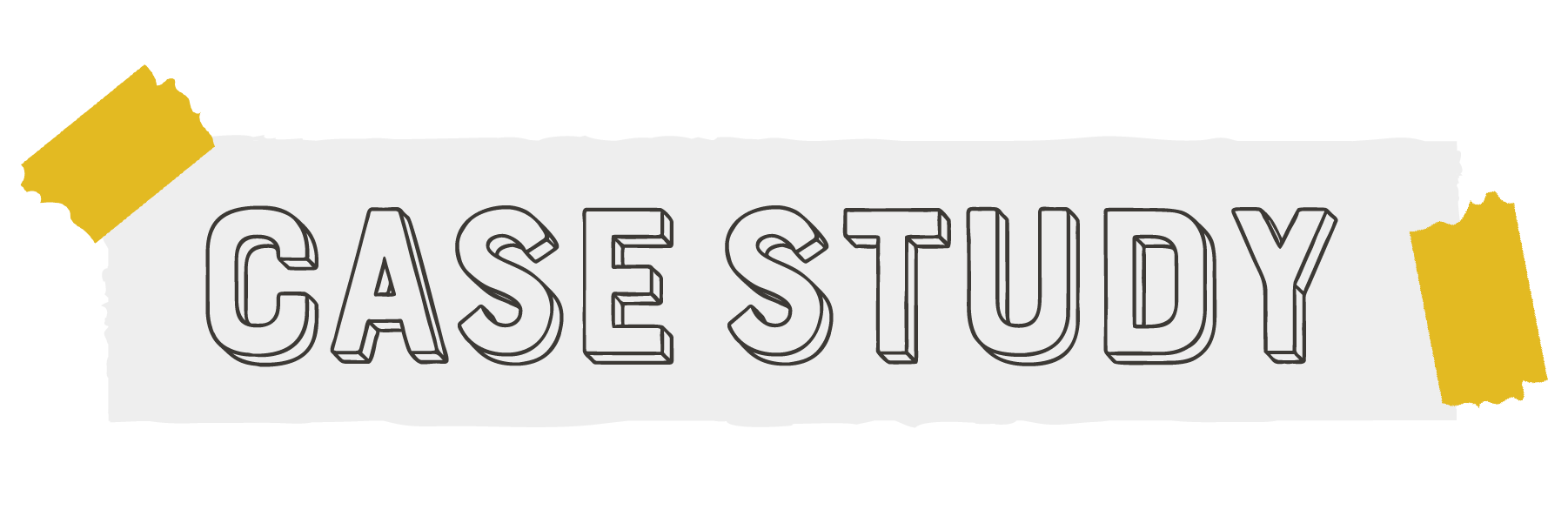
Gwinnett Coalition Website
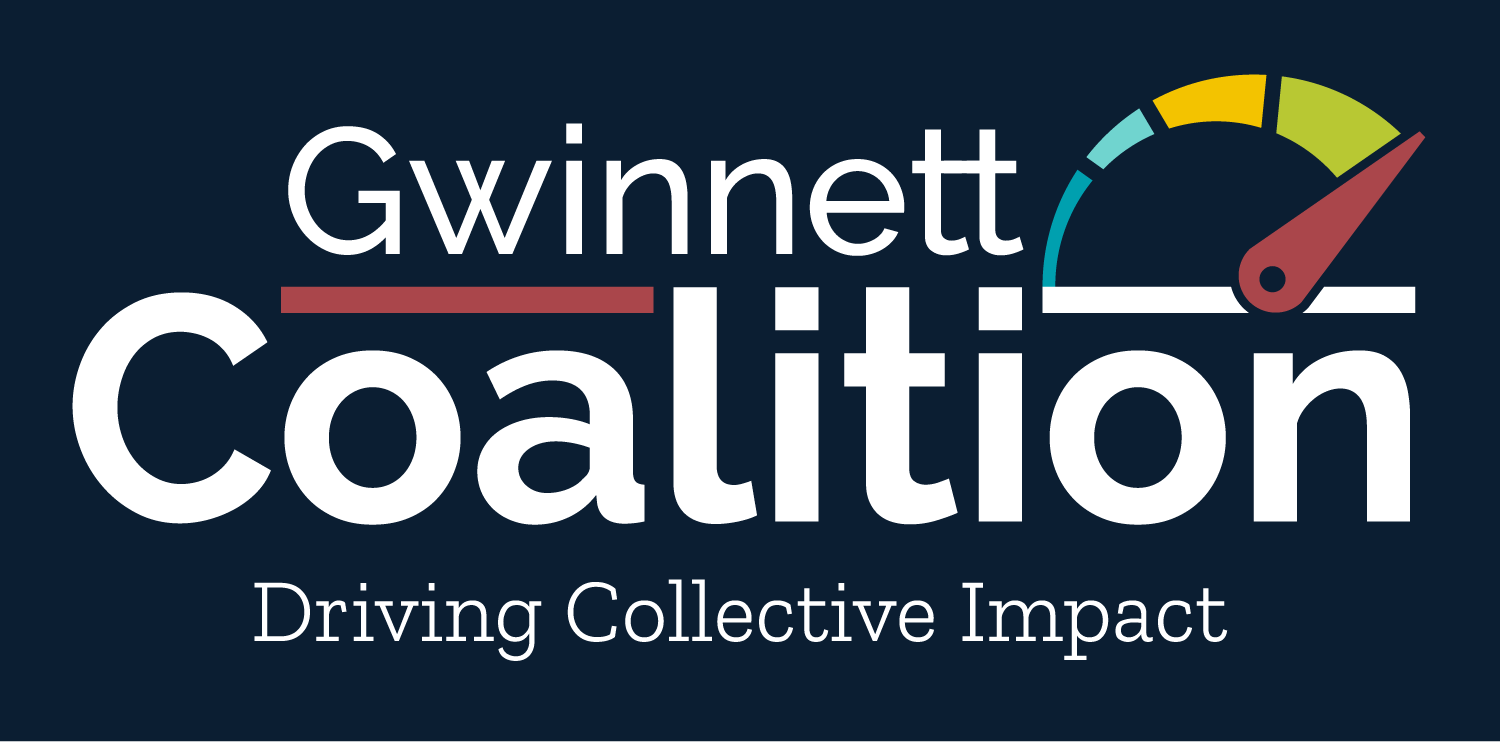
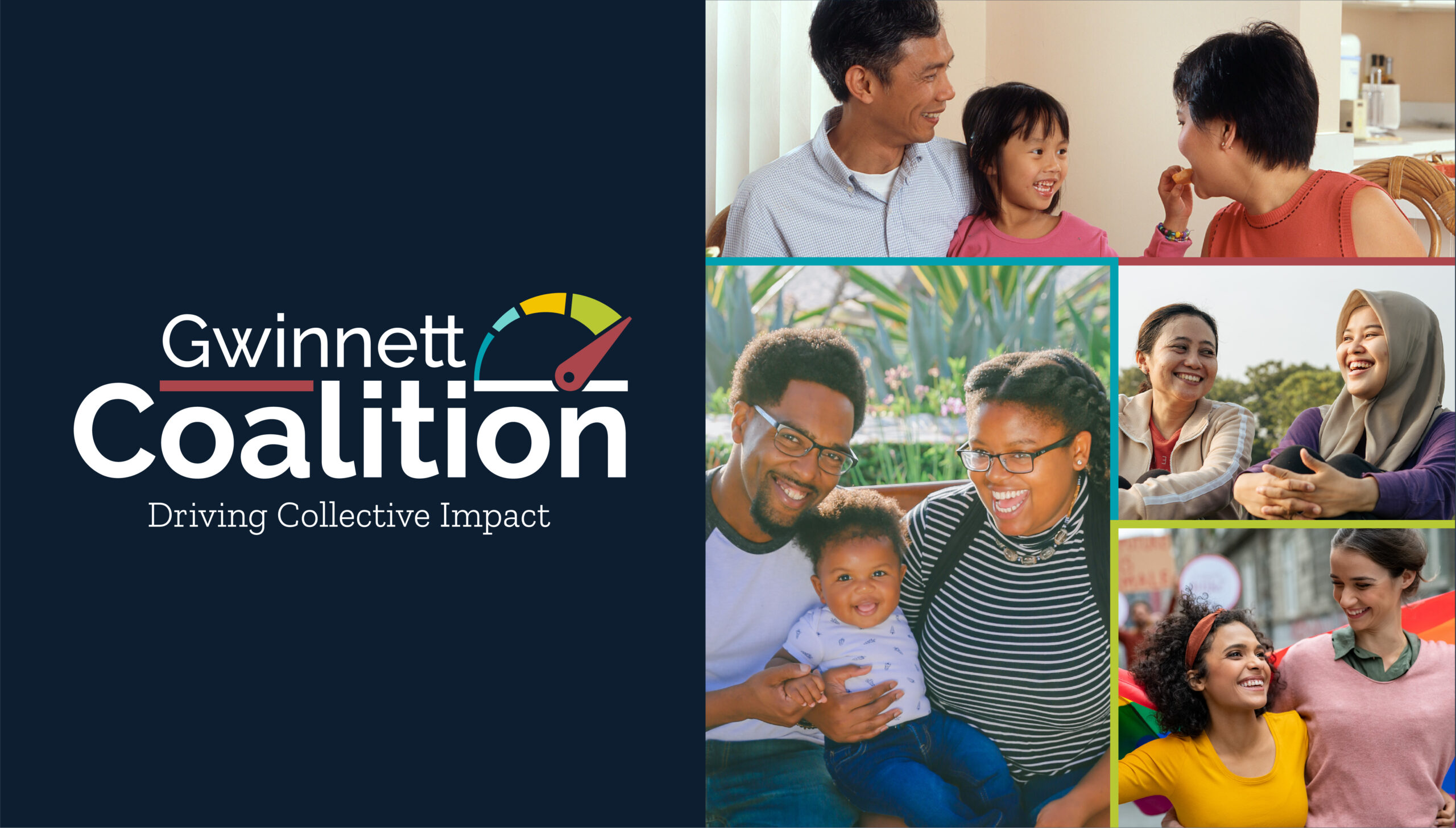
The Challenge
In the past, the role and purpose of Gwinnett Coalition in the community had been met with confusion. Many were aware of their programs and work, but not where these programs were originating from as they all had differentiated branding. Updating their website in order to gain visibility and clarity as a parent brand was the main concern for Gwinnett Coalition. To do this, they were looking to target new audiences in order to create partnerships, increase outreach, and drive collective impact so members of the community can thrive.
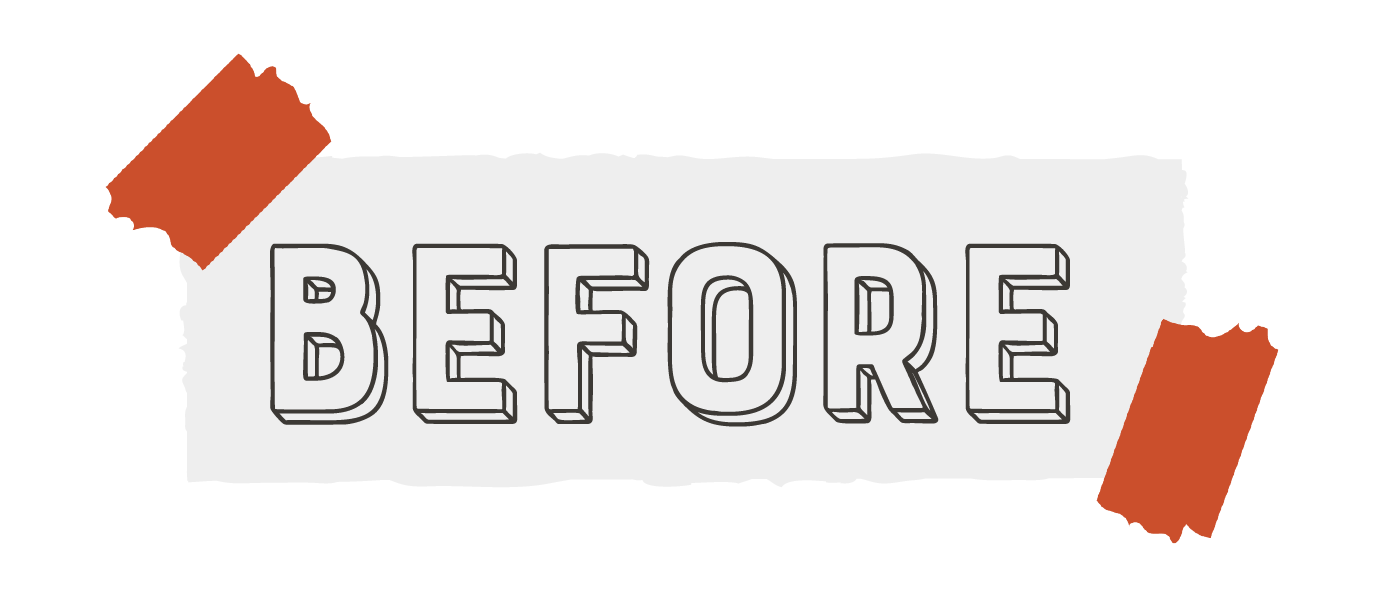
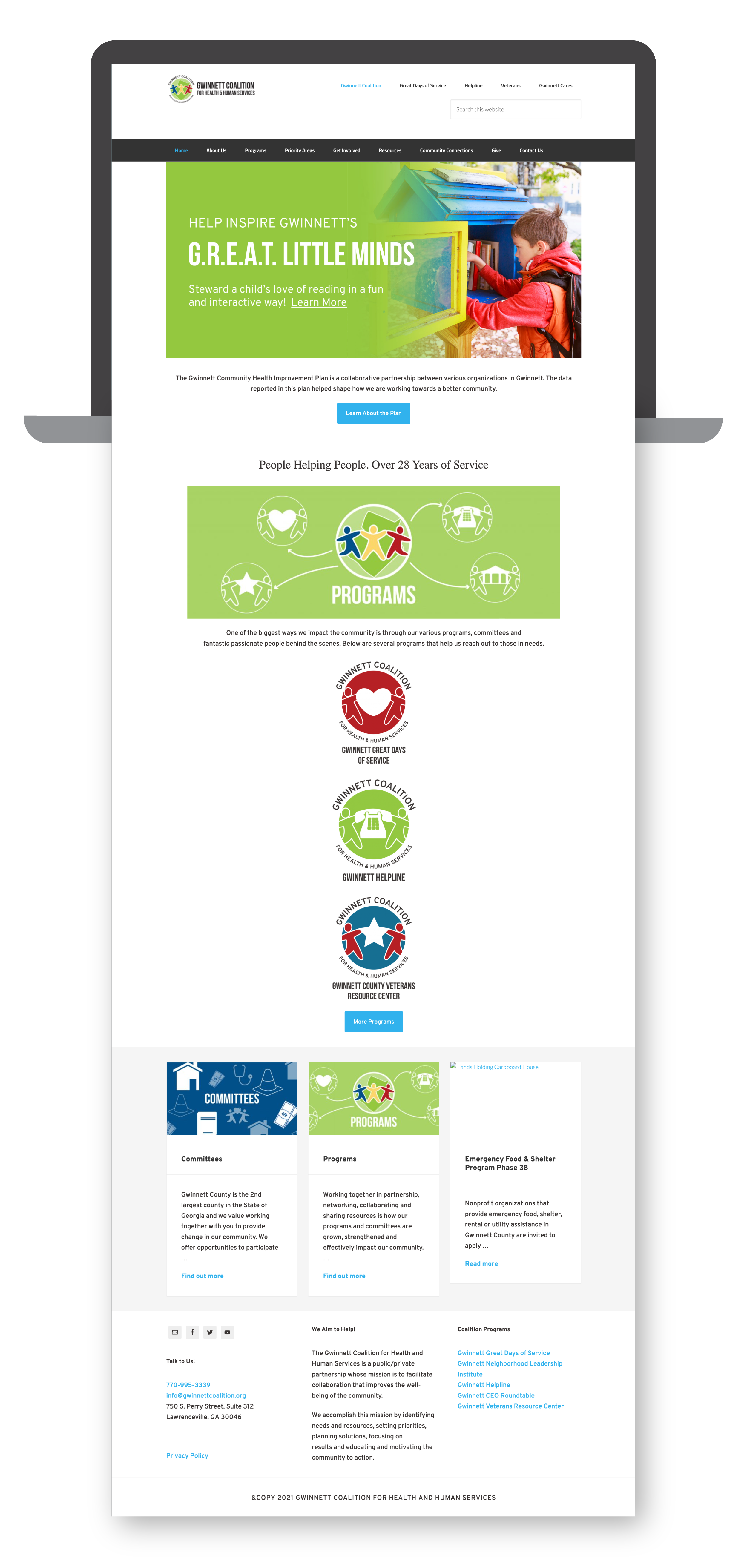
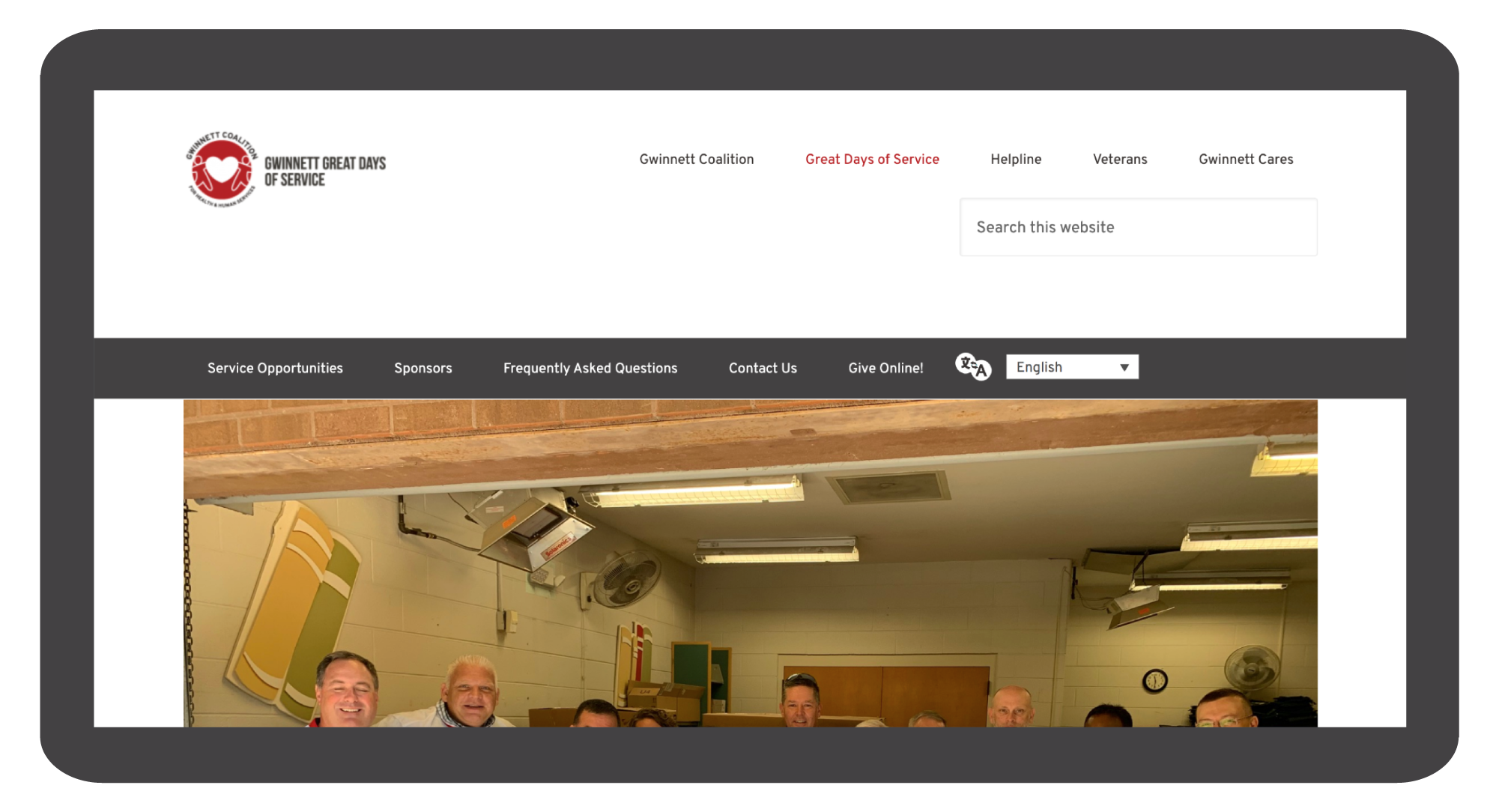
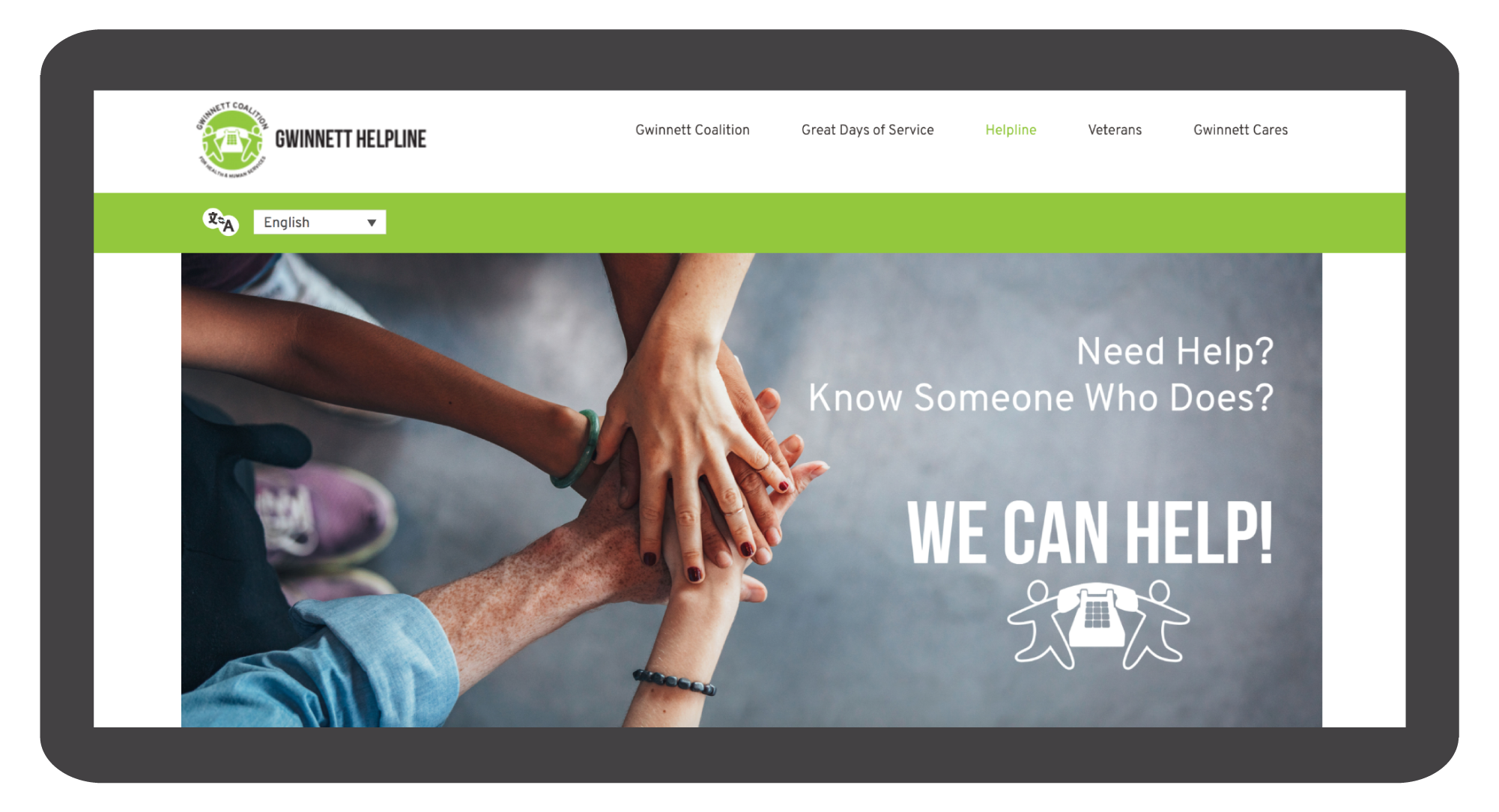
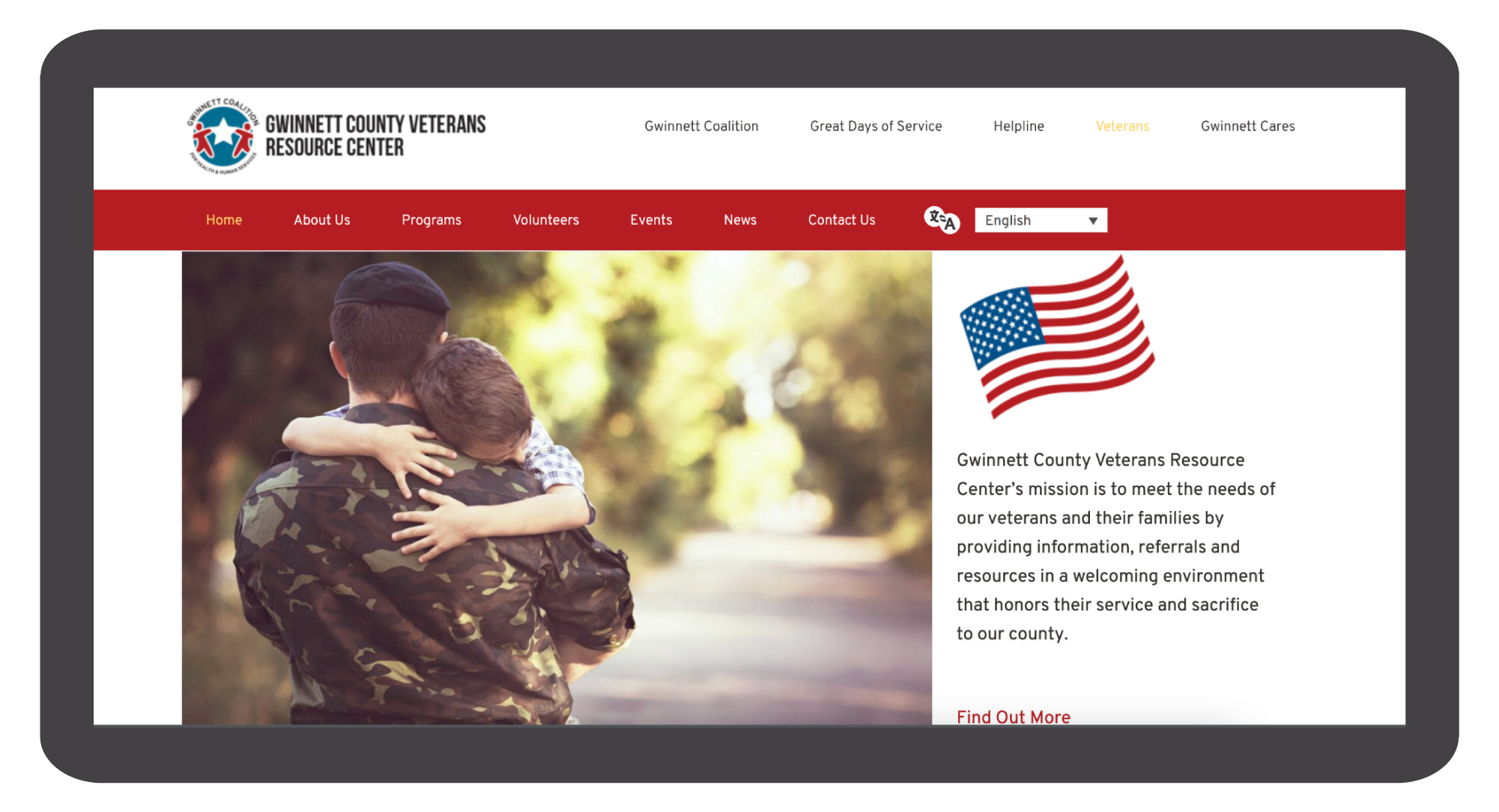
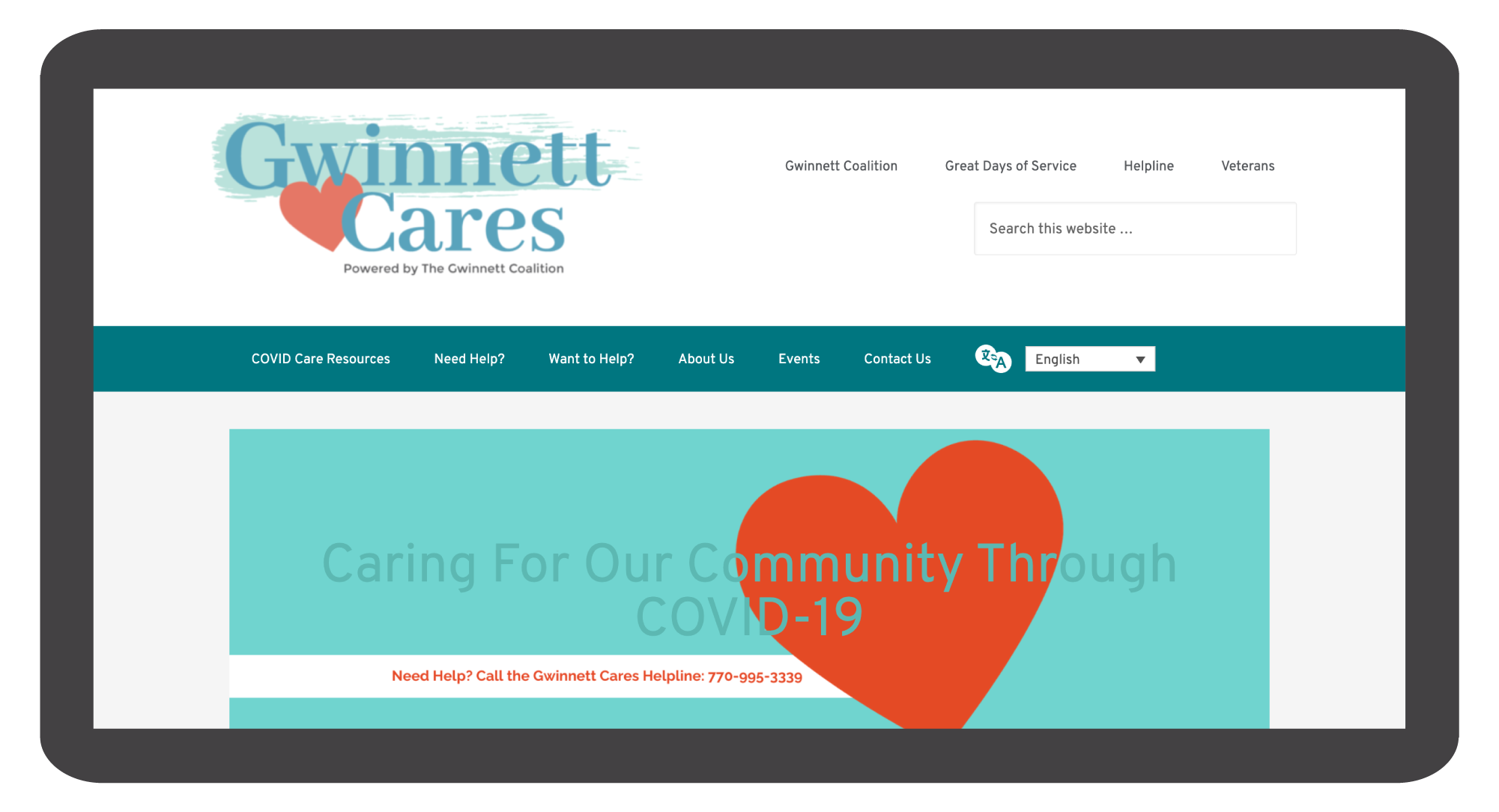
The Solution
RPS worked with Gwinnett Coalition in order to update the parent brand ensuring that the programs under Gwinnett Coalition felt like a cohesive group of brands, while still retaining their distinction. To tackle this, we started by creating more brand consistencies and updating each program’s name and logo. Then, we reworked the website structure and worked through messaging to focus more on communicating from an organizational standpoint. We wanted to effectively communicate the evolution of the organization and its plan for addressing community issues from a collective impact approach. The goal with this was to boost interactions with organizations and corporations who are looking to partner with Gwinnett Coalition.
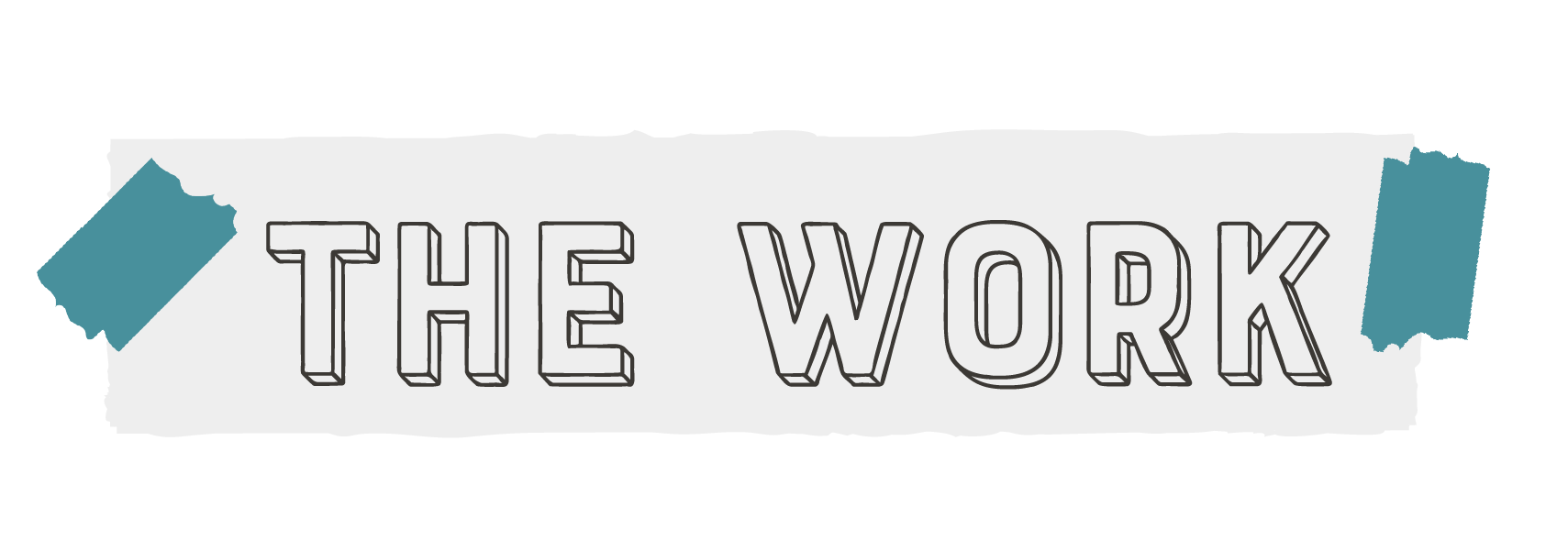
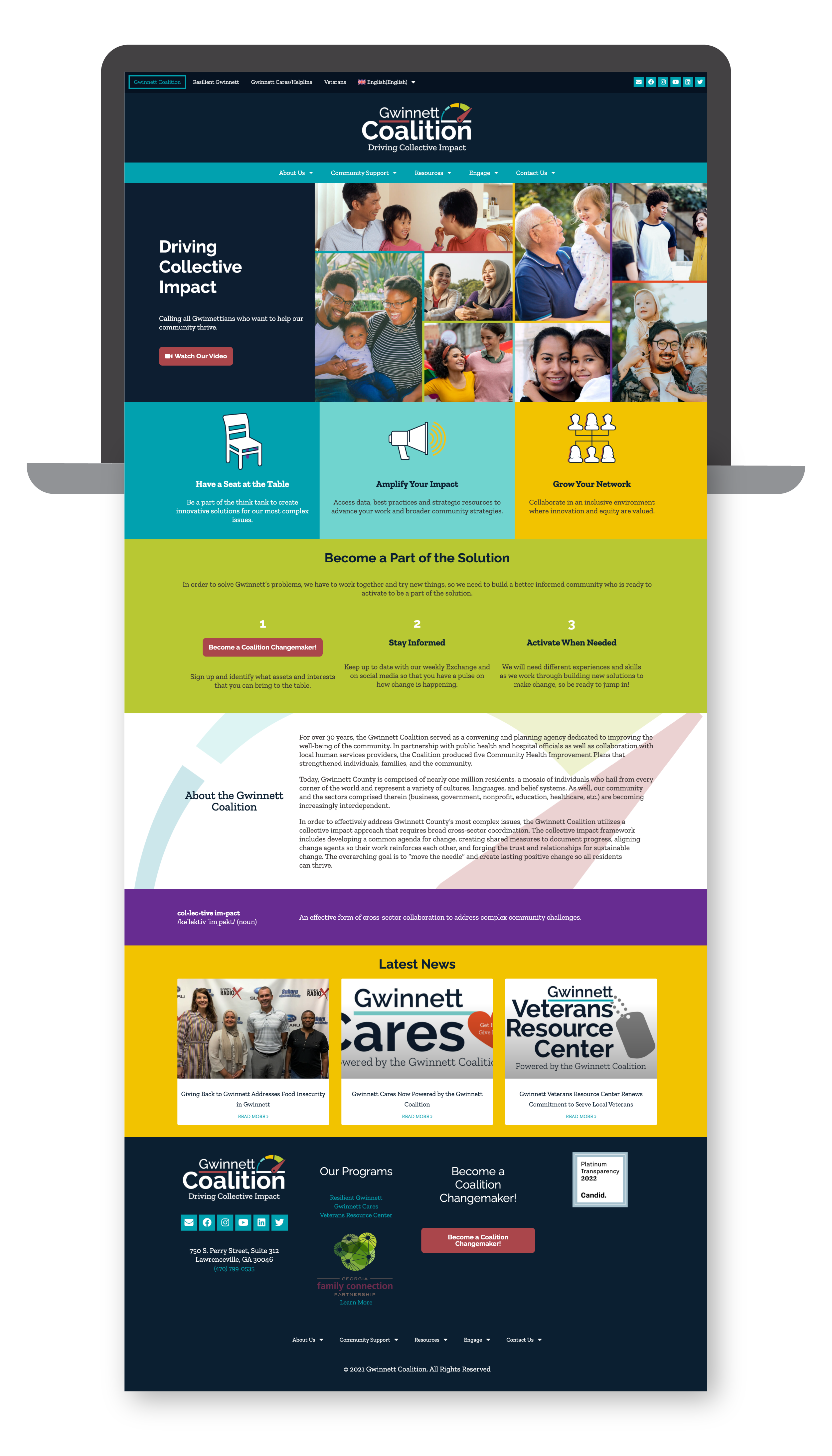
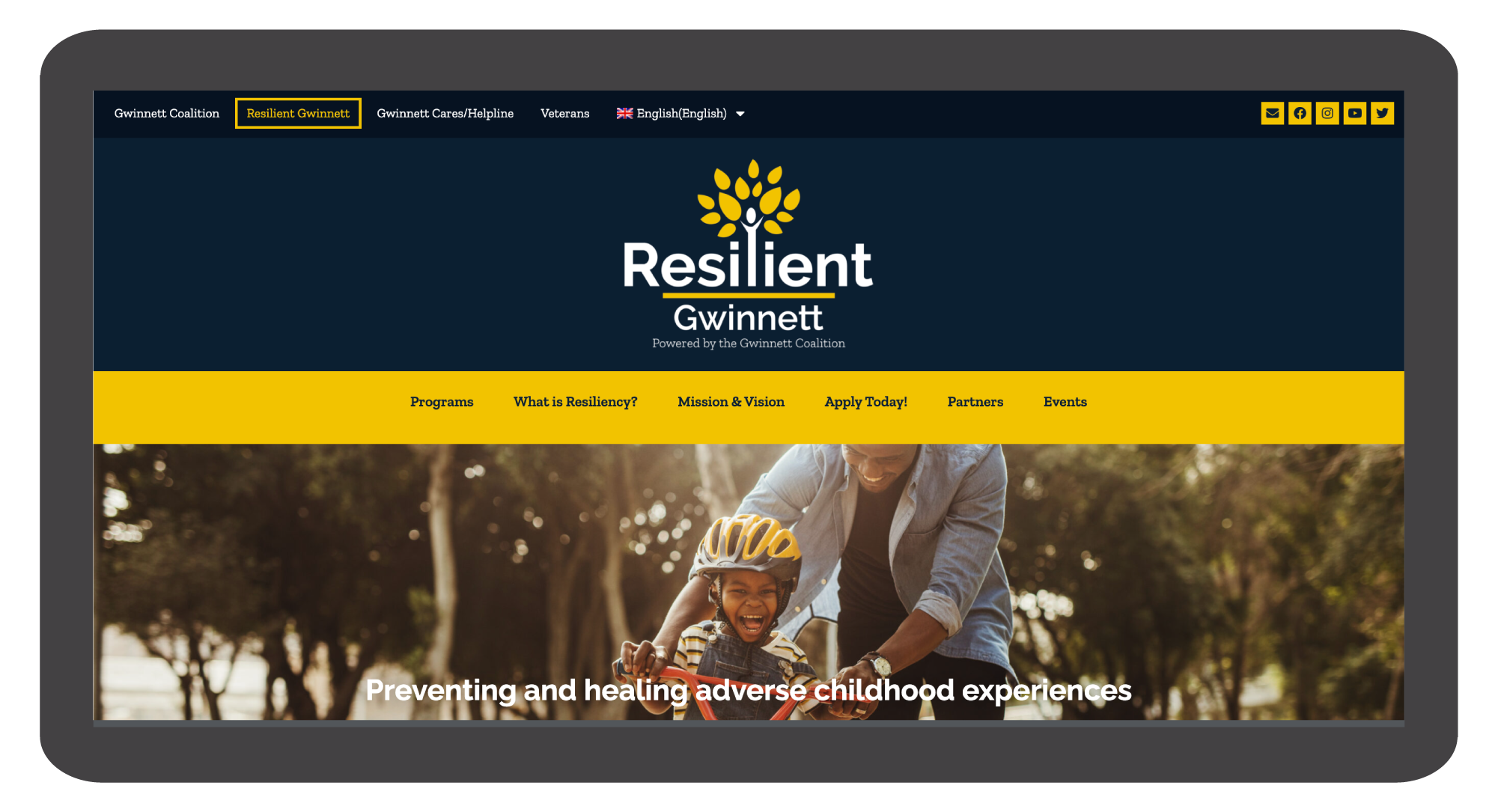
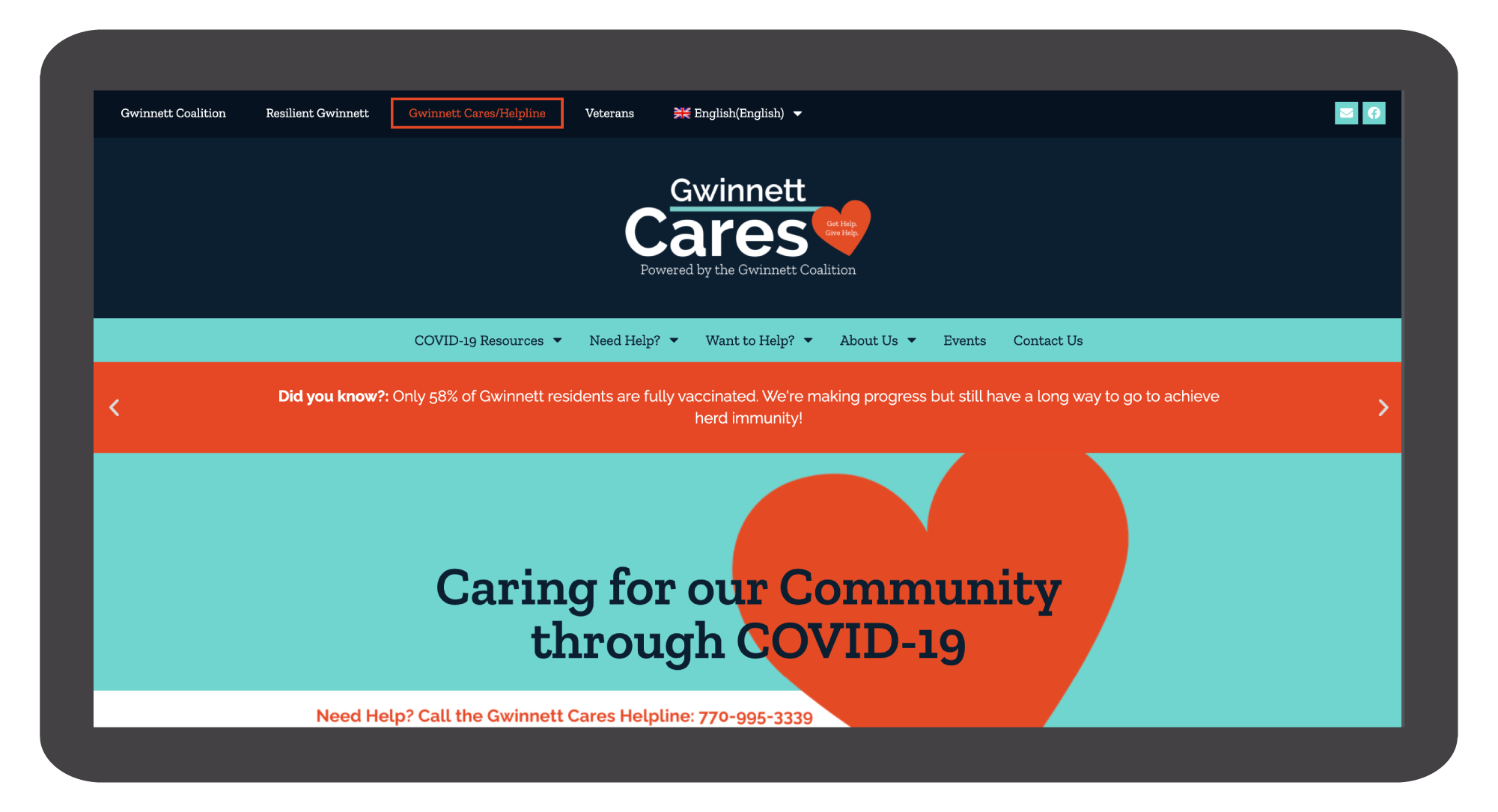
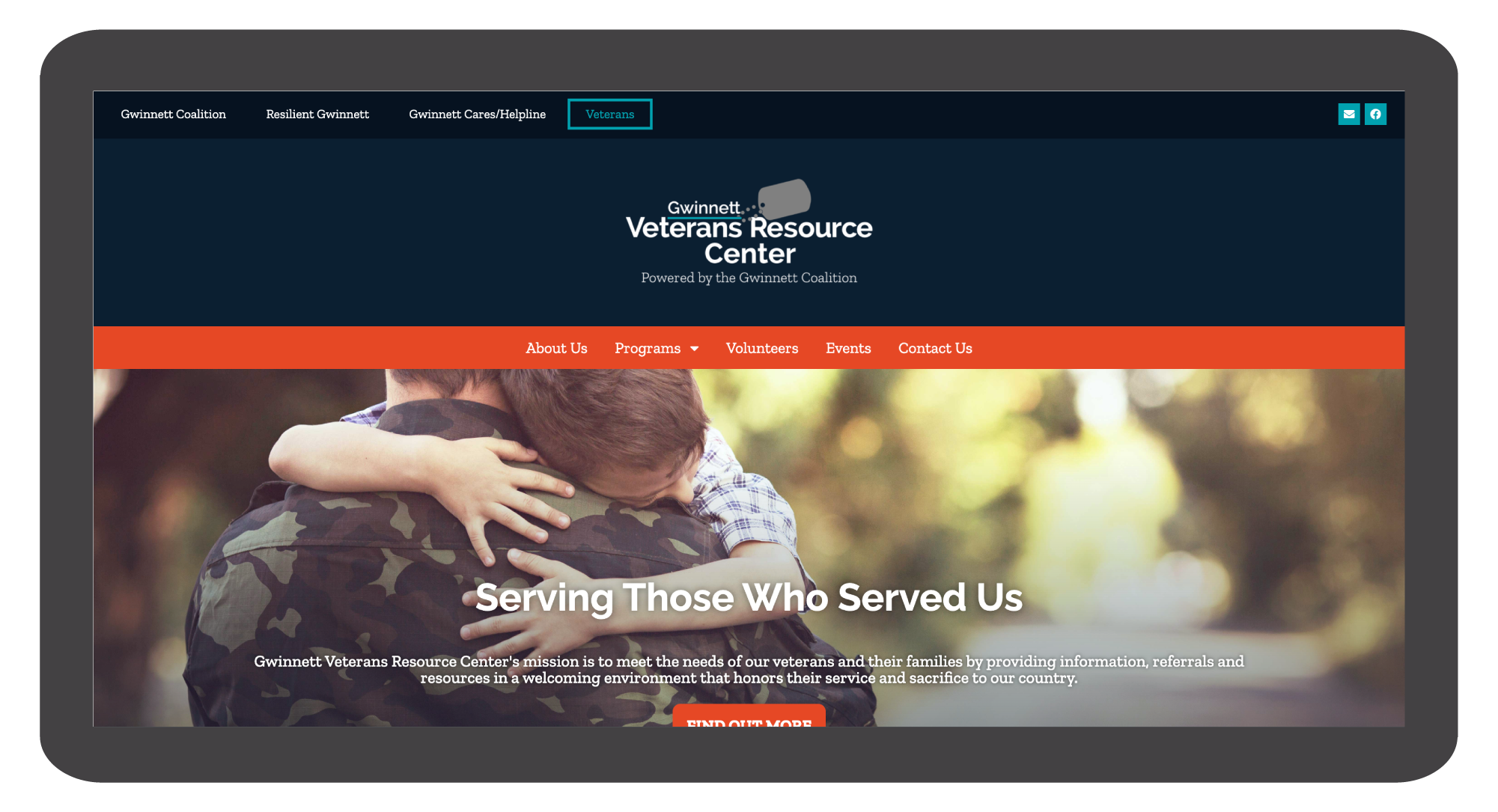
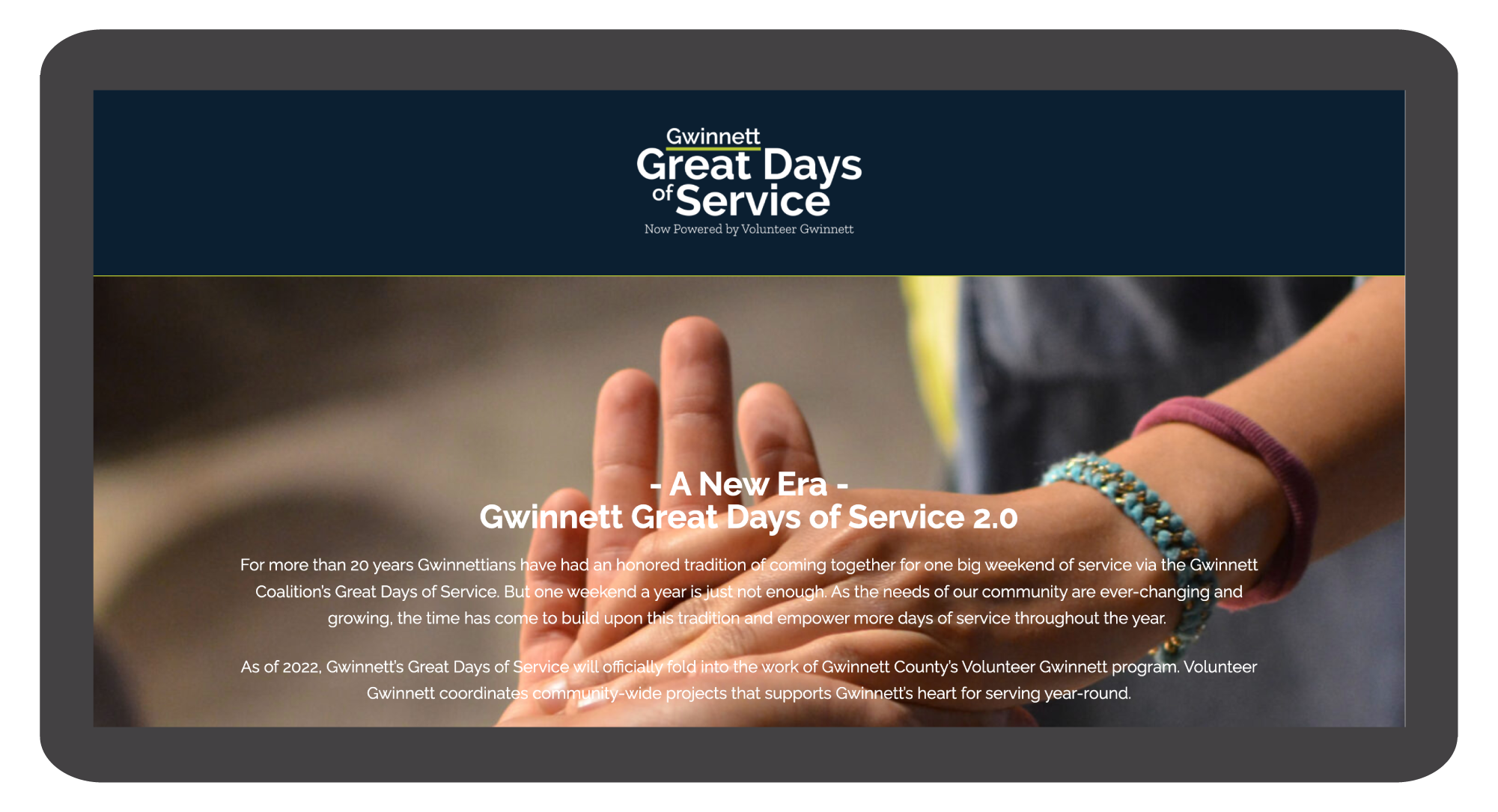
The Results
With the update of Gwinnett Coalition’s branding, messaging and website, engagement with additional partners throughout the community is now more accessible. This cohesive yet separate branding has allowed Gwinnett Coalition and its programs to be more visible to the public as shown by their increased website traffic. Our work with Gwinnett Coalition allows them to continue to make a lasting change within Gwinnett County.
''
Thank you to the Rock Paper Scissors team for continuing to be so great to work with. The website is more functional and a much better tool for the organization. It was enjoyable to see the brand come together and have everything be more cohesive.’
- Paige Havens
Marketing & Community Relations Consultant
About Gwinnett Coalition
Client Since 2005
Gwinnett Coalition is the lead organization for Gwinnett County community development. Gwinnett Coalition utilizes a “collective impact” approach that brings people and organizations together in a structured way to achieve social change. Key elements of collective impact include a common agenda, shared measurement, mutually reinforcing activities, and continuous communication. The framework prioritizes a few strategic issues, leverages subject matter experts and community partners to develop and test solutions, and scales success to effect sustainable systemic change.

